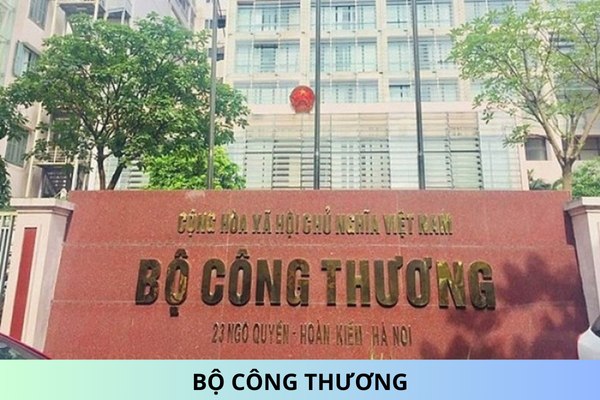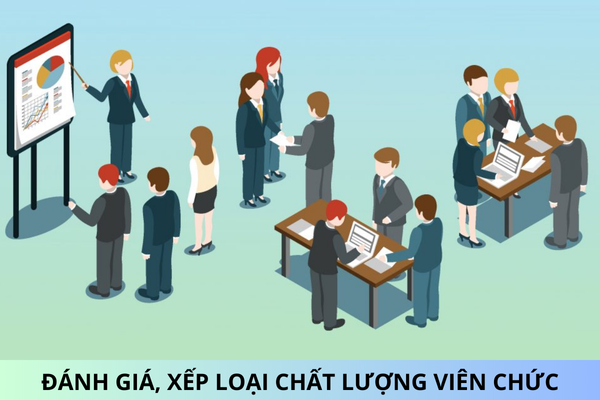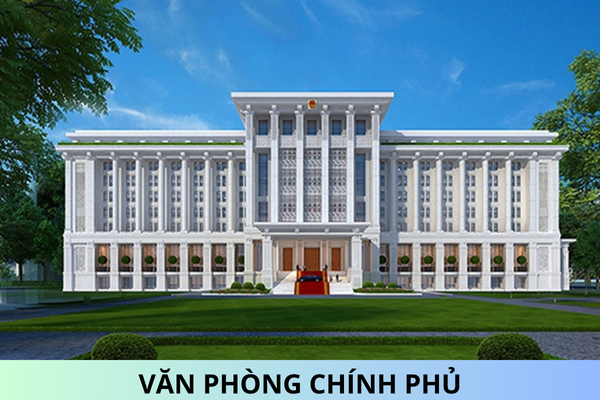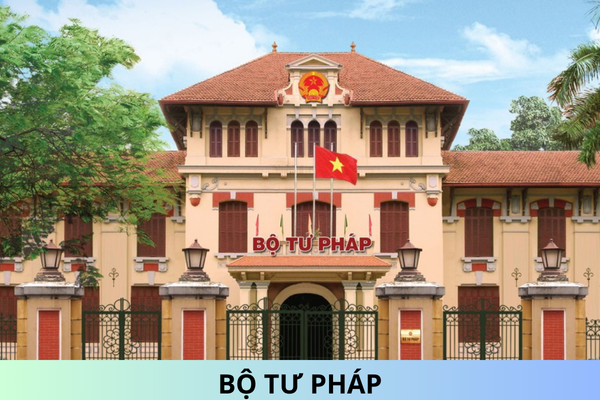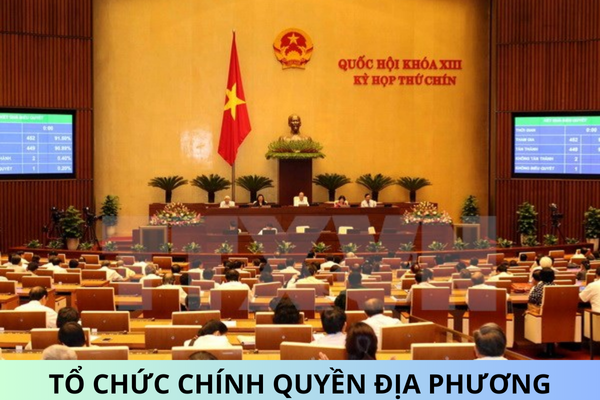What are duties and powers of the Department of Labor, War Invalids and Social Affairs of Hanoi in the field of employment?
What are duties and powers of the Department of Labor, War Invalids and Social Affairs of Hanoi in the field of employment? What are duties and powers of the Department of Labor, War Invalids and Social Affairs of Hanoi in the field of Vietnamese guest workers? What are duties and powers of the Department of Labor, War Invalids and Social Affairs of Hanoi in the field of vocational education and training (except pedagogy)?
Thank you!
What are duties and powers of the Department of Labor, War Invalids and Social Affairs of Hanoi in the field of employment?
Pursuant to Clause 4 Article 2 of the Decision 40/2022/QĐ-UBND stipulating duties and powers of the Department of Labor, War Invalids and Social Affairs of Hanoi in the field of employment as follows:
a) Organize the implementation of strategies, programs, long-term and annual plans, projects and schemes on employment, job creation support, labor market development, employment services, insurance; unemployment, recruitment and labor management in Vietnam under the guidance of competent authorities; collect, store, synthesize, analyze, forecast, disseminate and manage labor market information of the City.
b) Guide and implement policies to support job creation and unemployment insurance policies in accordance with law.
c) State management over employment service organizations according to the provisions of law; organize the grant, extension, re-grant or revocation of employment service operation licenses of employment service enterprises according to the provisions of law and as assigned or authorized by the City People's Committee.
d) Approve the demand for foreign workers; confirmation that he is not eligible for a work permit; grant, re-grant, extend and revoke work permits for foreign workers working in Vietnam in accordance with the labor law.
dd) Manage the organization that is decentralized, authorized by the Department of Labor, War Invalids and Social Affairs, assigns tasks, orders or bids for recruitment and management of Vietnamese employees working for organizations and foreign individuals.
e) Perform state management of foreign workers working in Vietnam and recruit and manage Vietnamese employees working for foreign organizations and individuals under the local management.
What are duties and powers of the Department of Labor, War Invalids and Social Affairs of Hanoi in the field of Vietnamese guest workers?
Pursuant to Clause 5 Article 2 of the Decision 40/2022/QĐ-UBND stipulating duties and powers of the Department of Labor, War Invalids and Social Affairs of Hanoi in the field of Vietnamese guest workers as follows:
a) Provide information on policies and laws about Vietnamese workers going to work abroad under contracts to Vietnamese workers working abroad under labor contracts directly concluded.
b) Certify the registration of contracts to receive interns for enterprises sending Vietnamese workers for training and improvement of vocational qualifications and skills abroad for less than 90 days; certify the registration of labor contracts for Vietnamese workers going to work abroad under the directly concluded labor contracts.
c) Provide information on the labor market and recruitment needs of the employer so that the employees, after finishing the contract abroad, return to their home country to choose jobs suitable to their knowledge, skills, experience, professional qualifications accumulated after working abroad.
d) Support workers after returning home to access voluntary psychosocial counseling services to integrate into society.
What are duties and powers of the Department of Labor, War Invalids and Social Affairs of Hanoi in the field of vocational education and training (except pedagogy)?
Pursuant to Clause 5 Article 2 of the Decision 40/2022/QĐ-UBND stipulating duties and powers of the Department of Labor, War Invalids and Social Affairs of Hanoi in the field of vocational education and training (except pedagogy) as follows:
a) Implement the master plan on the network of vocational education institutions, plans, programs, schemes and projects on vocational education development in the city after being approved; arrange and organize the system of vocational education institutions; guide and inspect the implementation of the autonomy mechanism for public vocational education institutions under their management.
b) Guide and organize the implementation of the provisions of the law on vocational education.
c) Guide and organize the training, retraining and employment of vocational education managers and teachers; organize teachers' conferences in vocational education institutions, city-level DIY training equipment contests, contests related to learners of vocational education programs.
d) Organize the establishment, division, separation, merger, dissolution, and renaming of intermediate schools and vocational education centers; the establishment and recognition of secondary schools, private vocational education centers, intermediate schools and foreign-invested vocational education centers operating not for profit; the establishment and suspension of the branch office of the intermediate school; recognition and non-recognition of principals of private intermediate schools, recognition and dismissal of directors of private vocational education centers. Carrying out the accreditation of the Board of Directors of the private secondary school; the grant, suspension and revocation of certificates of registration of vocational education activities, registration of joint training activities with foreign countries, for intermediate schools, vocational education centers and enterprises.
dd) Review, develop and manage the list of primary-level training disciplines and occupations and other training programs; organize the implementation of regulations on training at intermediate and elementary levels, regular training, vocational training for rural workers, vocational training in enterprises; implement policies to support vocational training for rural workers, people with disabilities, ethnic minorities, female workers and other policy beneficiaries.
Best regards!


